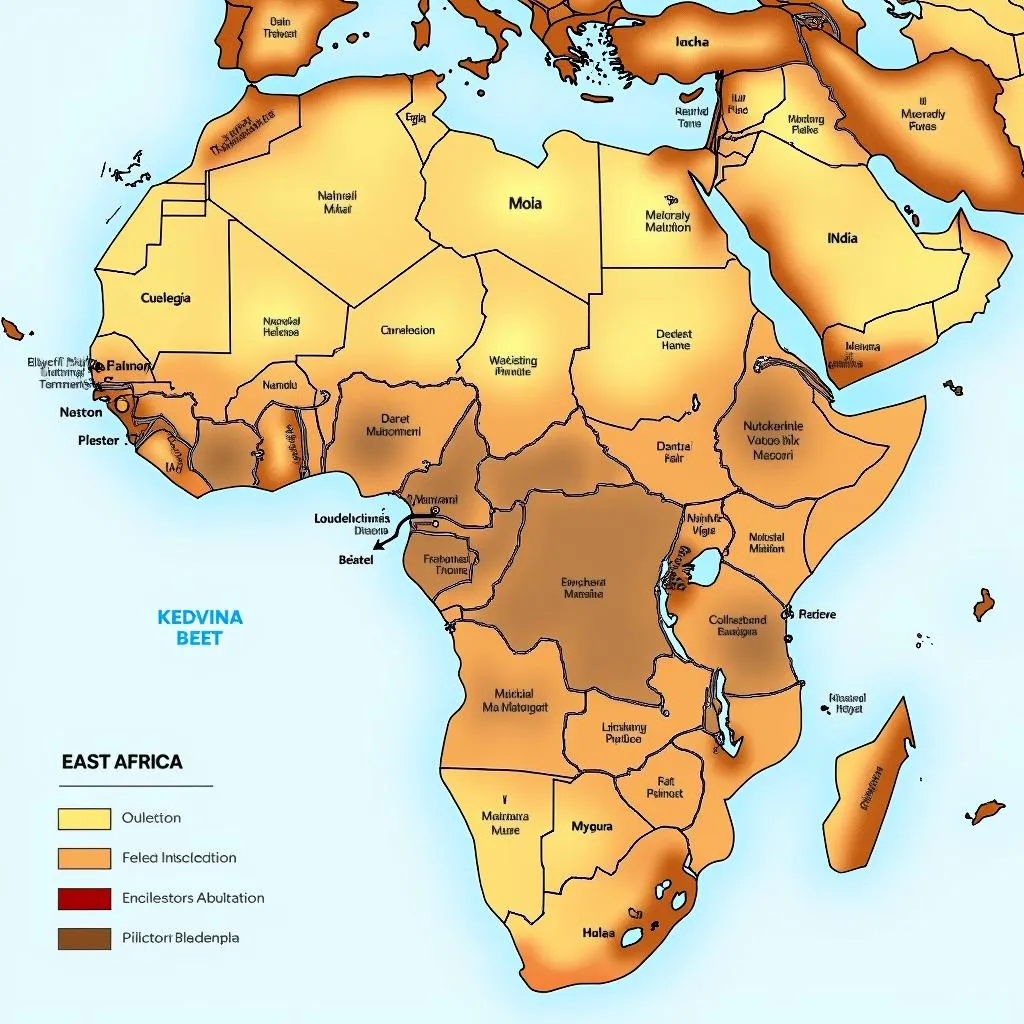African American Reparations: A 2017 Perspective
The year 2017 saw renewed discussions and debates surrounding African American reparations, a topic that has been a point of contention and reflection in the United States for decades. While no federal legislation was passed in 2017 specifically addressing reparations, the year was marked by significant events and growing awareness that brought the issue back into the national spotlight.
The State of the Reparations Movement in 2017
2017 was a pivotal year for the Black Lives Matter movement, which brought increased attention to systemic racism and police brutality against African Americans. This heightened awareness also fueled conversations about the legacy of slavery and Jim Crow, and the economic and social disparities that continue to affect Black communities today.
Several key events in 2017 contributed to the renewed focus on reparations:
- The release of Ta-Nehisi Coates’ “The Case for Reparations”: This powerful essay, published in The Atlantic in 2014, gained renewed traction in 2017 and served as a catalyst for many to re-examine the issue. Coates’ eloquent and meticulously researched argument laid bare the historical and moral imperative for reparations.
- The opening of the National Museum of African American History and Culture: The museum, which opened in 2016, offered a poignant and comprehensive exploration of African American history, including the horrors of slavery and its lasting impact. This institution played a crucial role in educating the public and fostering dialogue about the need for reparative justice.
- The Charlottesville white supremacist rally: This disturbing event, which resulted in the death of a counter-protester, exposed the deep-seated racism that continues to plague America. It also underscored the urgency of addressing the nation’s unresolved racial tensions and the systemic inequalities that have their roots in slavery.
The Case for Reparations: Addressing the Lingering Effects of Slavery
Proponents of reparations argue that the systematic dispossession and exploitation of African Americans during slavery and the Jim Crow era have created lasting economic and social disadvantages that persist to this day. They point to the racial wealth gap, disparities in education, healthcare, and housing, and the disproportionate rates of incarceration and police brutality faced by Black communities as evidence of the ongoing legacy of slavery.
Reparations, they argue, are not simply about financial compensation but about acknowledging the historical wrong of slavery and taking concrete steps to address its enduring consequences. This could take various forms, including:
- Direct payments to descendants of slaves: This is perhaps the most controversial aspect of reparations, with debates centering around who would be eligible and how such payments would be calculated.
- Investment in Black communities: This could involve targeted programs to address economic disparities, improve educational opportunities, and provide access to affordable housing and healthcare in predominantly Black neighborhoods.
- A national apology: A formal apology from the U.S. government for the institution of slavery and its ongoing legacy could be a powerful symbolic gesture and a step towards national reconciliation.
Opposition to Reparations: Arguments and Counterarguments
Opponents of reparations often argue that:
- Slavery was abolished long ago: They contend that current generations should not be held responsible for the sins of the past. However, proponents counter that the effects of slavery are still felt today and that the U.S. government has a moral obligation to address the enduring consequences of its past actions.
- Reparations would be divisive: Critics argue that reparations would further divide the country along racial lines. However, proponents maintain that open and honest conversations about race and the legacy of slavery are necessary for national healing and progress.
- It would be difficult to determine who is eligible: Opponents question how it would be possible to accurately identify descendants of slaves and determine the appropriate level of compensation. While logistical challenges exist, proponents argue that these should not be insurmountable barriers to achieving reparative justice.
The Future of African American Reparations
While the prospect of federal legislation on reparations remains uncertain, the conversation is far from over. The movement for reparations is gaining momentum, fueled by growing awareness of racial injustice and a renewed commitment to addressing the legacy of slavery.
“Reparations are about more than just money,” says Dr. Anika Smith, a leading scholar of African American history. “They are about acknowledging the harm that has been done and taking concrete steps to create a more just and equitable society for all.”
The debate over reparations is likely to continue for years to come. However, the very act of engaging in this difficult conversation is a testament to the enduring power of the past and the ongoing struggle for racial justice in America.
FAQ: African American Reparations
1. What are African American reparations?
African American reparations refer to the idea of providing compensation or other forms of redress to descendants of enslaved Africans in the United States for the harms caused by slavery and its legacy.
2. What form could reparations take?
Reparations could take various forms, including direct payments to descendants of slaves, investment in Black communities, a national apology, or a combination of these measures.
3. What are the arguments for reparations?
Proponents of reparations argue that the systematic dispossession and exploitation of African Americans during slavery and Jim Crow have created lasting economic and social disadvantages that persist to this day.
4. What are the arguments against reparations?
Opponents of reparations argue that slavery was abolished long ago, that reparations would be divisive, and that it would be difficult to determine who is eligible.
5. What is the current status of the reparations movement?
While no federal legislation has been passed, the movement for reparations is gaining momentum, with increasing public awareness and support.
Need More Information on African American Reparations?
We understand that African American reparations are a complex and nuanced issue. If you have further questions or need additional resources, please don’t hesitate to contact us.
Contact Us:
Phone: +255768904061
Email: [email protected]
Address: Mbarali DC Mawindi, Kangaga, Tanzania
We have a 24/7 customer support team available to assist you.


